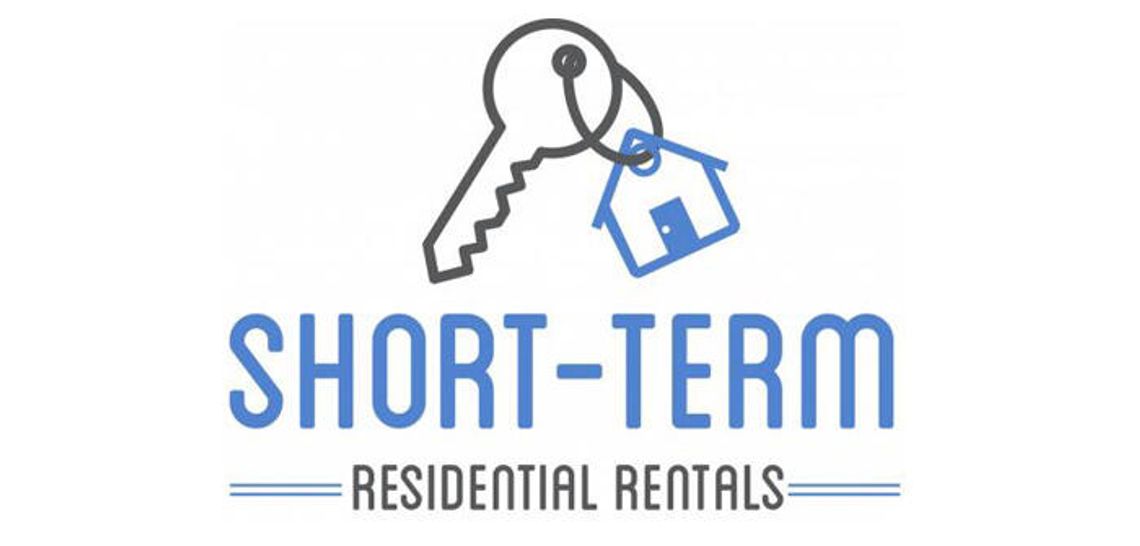As the short-term rental (STR) debate officially hit the Kyle City Council dais Feb. 19, city leaders are hoping to strike a deal with platforms such as Airbnb in order to generate revenue off of them.
Currently, 161 STR operate within Kyle’s city limits, according to city data. In 2011, there was only one STR in Kyle.
Currently, 161 STR operate within Kyle’s city limits, according to city data. In 2011, there was only one STR in Kyle.
STR are rooms or homes that are rented out by homeowners. These rentals range from private rooms in residential homes, to full houses, apartments and trailers costing anywhere between $30 to $300 a night.
Currently, the city collects no hotel occupancy tax (HOT) on STR. In Texas, the state charges a HOT rate of six percent for a room or space in a hotel or motel that costs $15 or more per day. Cities can also charge at HOT on rented rooms costing $2 or more per day. Kyle and Buda currently have HOT rates of seven percent.
Several city officials, however, would like for HOT to apply to STR. Currently, STR taxes are regulated by the state.
Kyle, along with several Texas municipalities, is looking for its cut of the services too.
“While I was on planning and zoning, we spent seven to eight months learning everything we could to bring back to council so that they could make an informed decision,” said council member Rick Koch.
Koch presented his research to Kyle City Council Feb. 19, in an effort to help the council make an informed decision regarding its ability to profit off the STR boom.
“As a commission, we moved away from attempting to regulate (STR) based on the (Texas) State Legislature’s attempts to stop municipalities from regulating them in any capacity,” Koch said. “The State of Texas also entered into agreements with short term rental platforms such as Airbnb and started collecting taxes because they saw explosive growth in (this) market.”
Safety was also a consideration. However, Kyle Police Chief Jeff Barnett said each homeowner is responsible for any issues that occur at their STR. Barnett said there are no criminal issues regarding STR at this time.
In addition to researching public safety, Koch surveyed neighborhoods and according to his study, neighborhood associations approve of STR, but do not approve of STR being exempts from HOT taxes.
“It would be my opinion that we would try to mirror the State of Texas and enter an agreement with the (STR) platforms and let neighborhoods regulate themselves,” Koch said.
Mayor Travis Mitchell approved of meeting with and offering a deal with STR platforms and council agreed.
The council tasked city staff with reaching out to Airbnb to come to an agreement that would allow the city to collect HOT, while allowing Airbnb to operate throughout Kyle without geographic restrictions.










